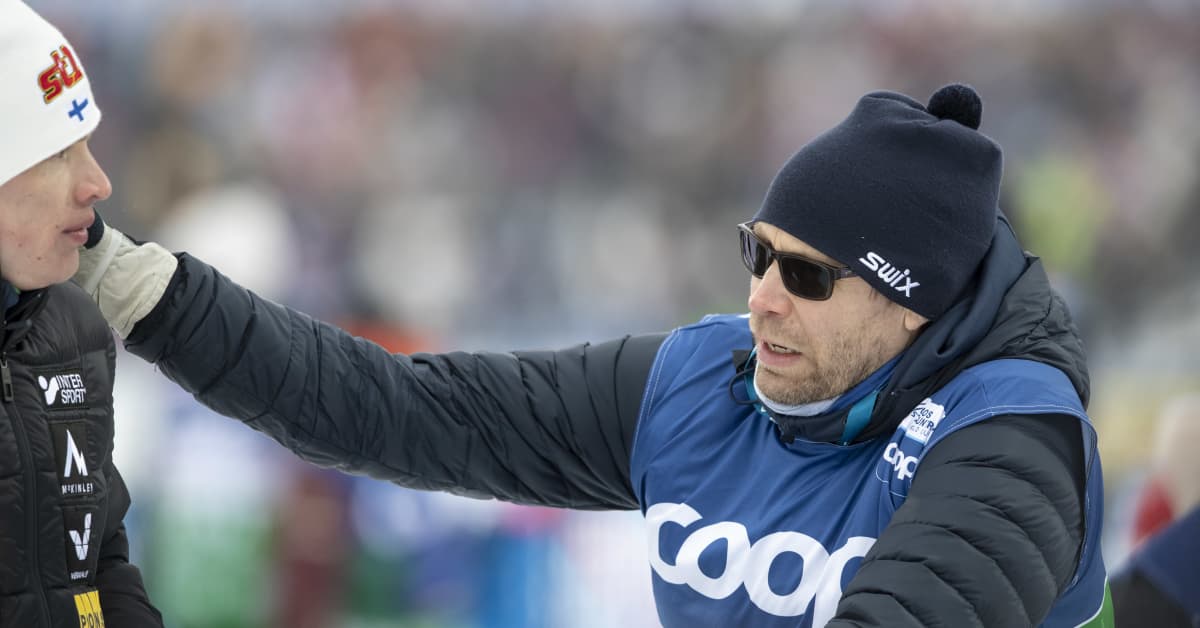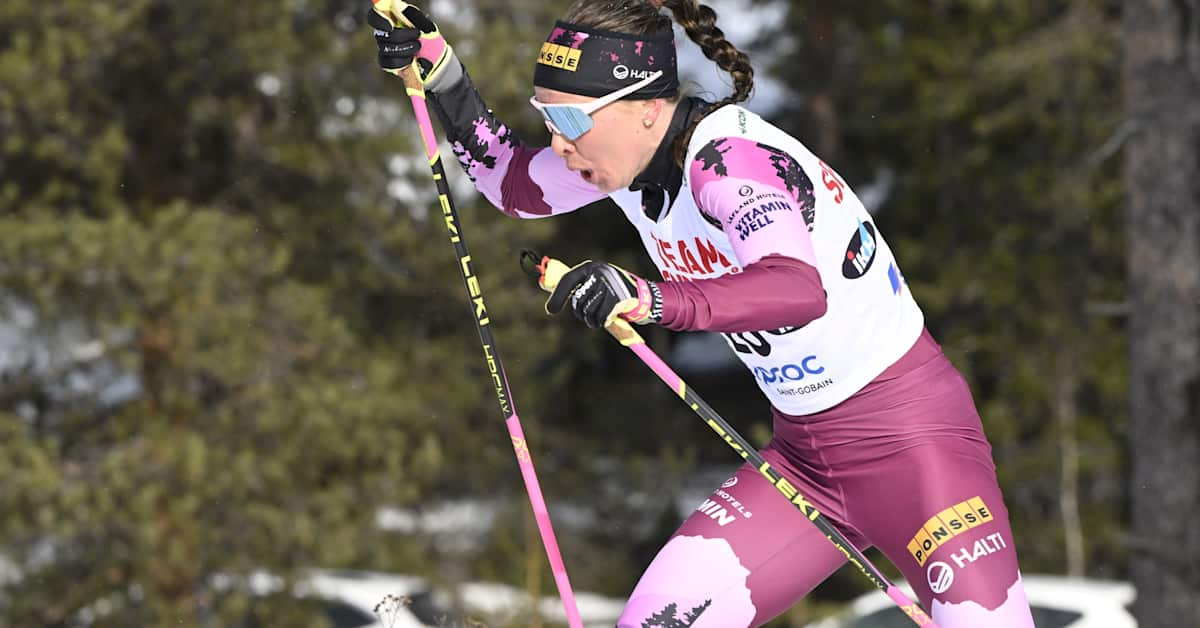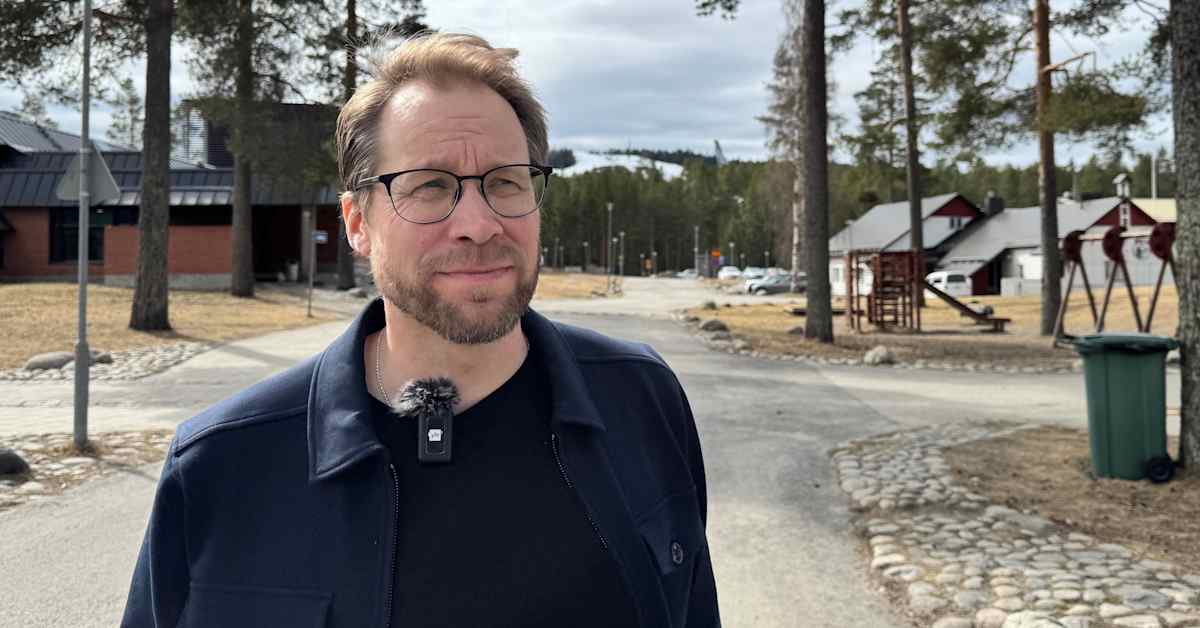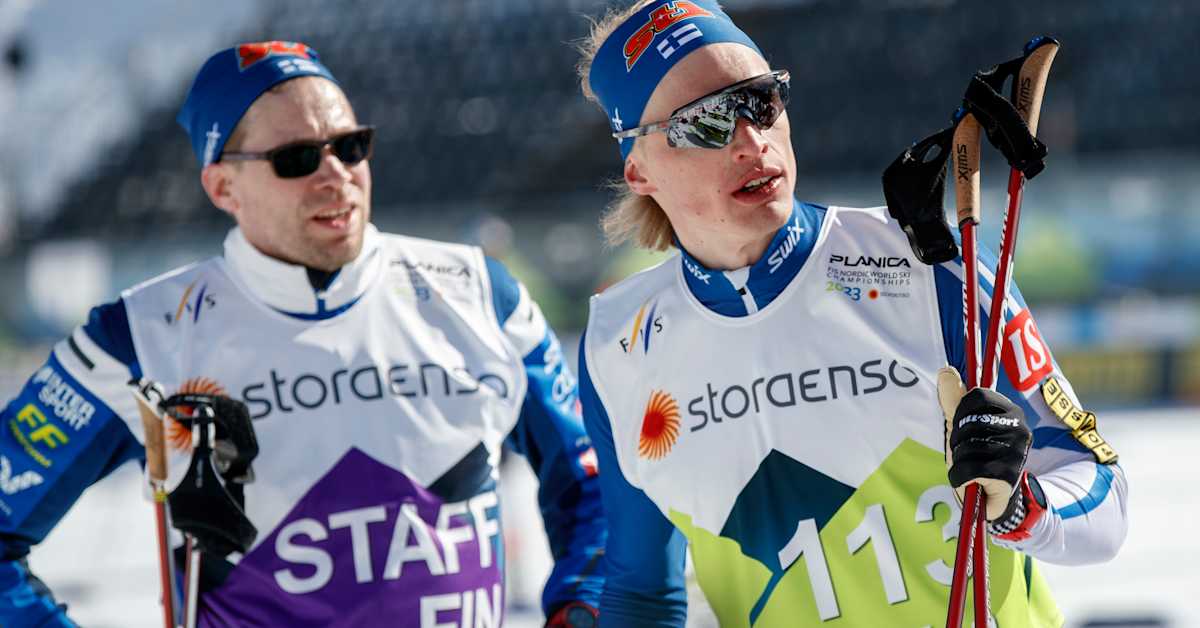
What does Iivo Niskanen’s bold coaching decision mean? Yle experts say it’s a natural step for a veteran
Originally published in Yle on November 13, 2025
Finnish cross‑country skiing great Iivo Niskanen, who has won three Olympic gold medals and one world title under coach Olli Ohtonen, will now coach himself. Ohtonen—Finland’s 2017 Coach of the Year—will continue to monitor Niskanen’s training and provide help when needed, but the primary responsibility shifts to Niskanen.
Yle’s expert Aino‑Kaisa Saarinen considers the move a natural phase after more than 12 years of collaboration. Early in a career, athletes need hands‑on guidance, she says, but over time they learn enough that the coach’s role recedes. Saarinen believes the experienced, 33‑year‑old and father of two can manage his program well, especially given the last‑minute changes family life can bring. Constantly checking in with a coach could be a burden; full responsibility may be simpler. “Iivo knows how training should feel and what to do when,” she adds. In her view, the new setup won’t threaten his results: he has already shown he can succeed, and little will change.
Yle expert Ville Nousiainen agrees this isn’t a major upheaval. Niskanen will likely continue with the proven methods developed with Ohtonen. Niskanen himself has said the decision keeps his passion for continuous improvement high. Nousiainen notes the shift could further sharpen Niskanen’s thinking: without someone to ask every day, he must scrutinize his own choices even more closely.
Nousiainen recalls Niskanen’s analytical approach from national team days, citing a training‑camp example where Niskanen quickly corrected upper‑body movement issues identified with a physiotherapist—implementing changes by the next camp. As with many elite athletes, the coach often has to hold the athlete back rather than push. Still, having someone observe from a distance can help make smarter calls in problem situations.
There are safeguards: Ohtonen will still assist with testing in Vuokatti, where he works at the University of Jyväskylä’s sports technology unit. If races go poorly, illness strikes, or other issues arise, Niskanen can head to Vuokatti for diagnostics and solutions with Ohtonen. Nousiainen adds that cross‑country skiing is less technique‑sensitive than, say, track and field; fundamentally it is an endurance and physiology sport—another reason a veteran can manage without constant coach presence.
Niskanen is targeting another Olympic gold at the Milano–Cortina 2026 Winter Games, which would be a historic fourth consecutive Olympic title for him in cross‑country skiing. Both experts believe the self‑coaching model won’t hinder that pursuit.
See Also
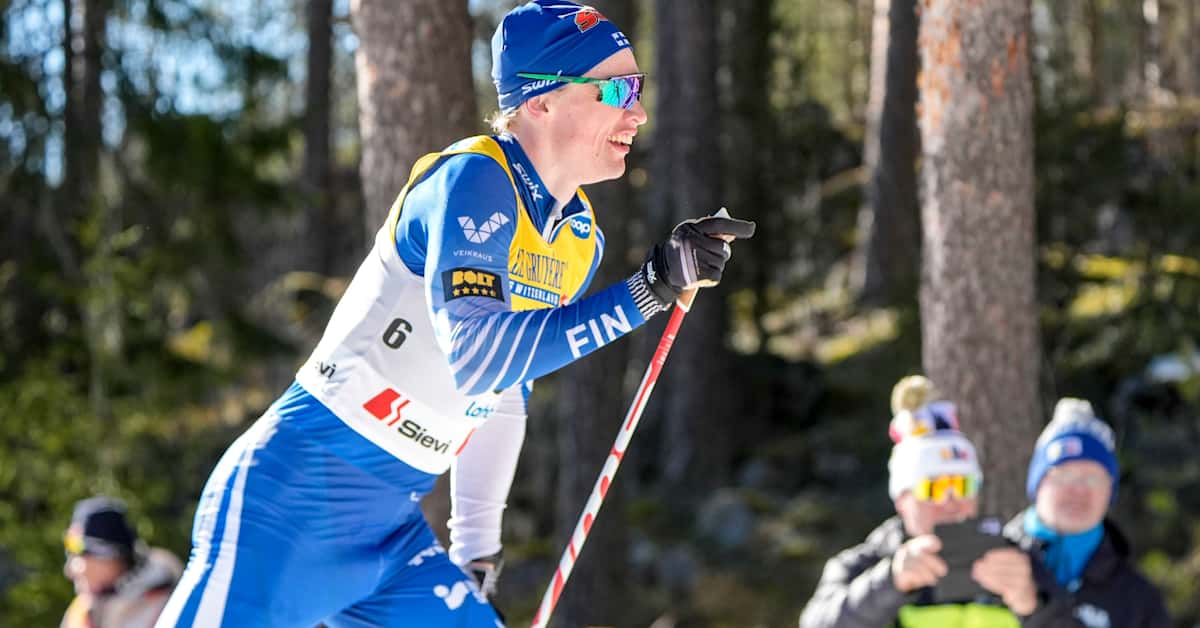
Iivo Niskanen explains why he will now coach himself: “It even feels refreshing”
November 13, 2025 / Yle
